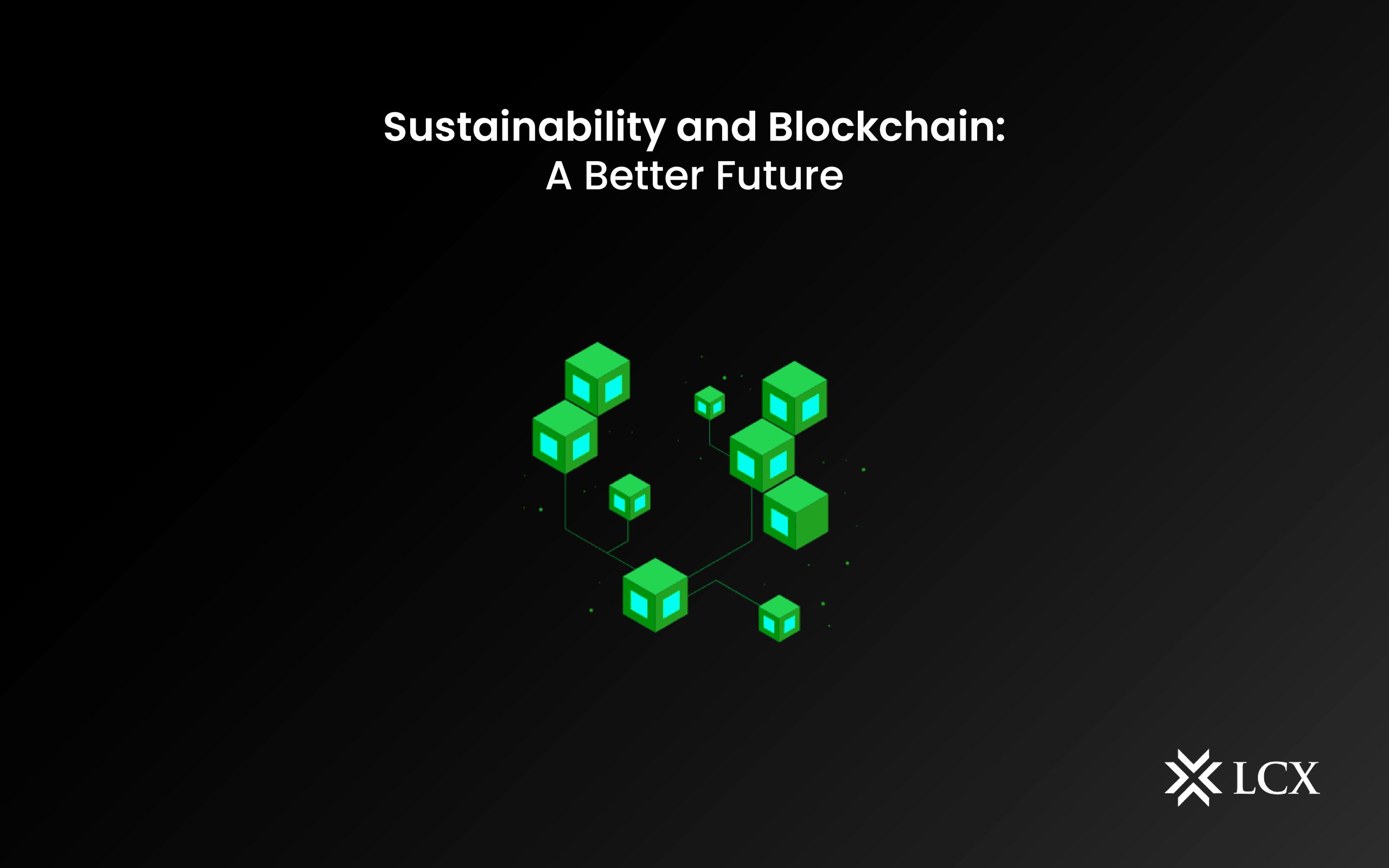The Future Of Blockchain In Sustainable Business Practices
As the world grapples with the challenges of climate change, environmental degradation, and social inequality, businesses are increasingly recognizing the need to adopt sustainable practices that prioritize both people and the planet. One technology that’s gaining traction in this space is blockchain, a distributed ledger system that enables secure, transparent, and tamper-proof data management. But what does the future hold for blockchain in sustainable business practices?

- The Impact Of Decentralized Finance Defi On Traditional Banks
- Unraveling The Mystery Of Cryptocurrencies: Bitcoin Vs Altcoins
- What Is Bitcoin Mining And Is It Still Profitable
- Unlocking The Secret To Hands-Free Investing: Crypto Trading Bots
- Joining The Future Of Governance: A Step-by-Step Guide To Decentralized Autonomous Organizations
From Transparency to Trust
One of the key benefits of blockchain is its ability to provide end-to-end transparency across complex supply chains. By creating a permanent, unalterable record of every transaction, blockchain allows companies to track the origin, movement, and ownership of goods, reducing the risk of counterfeiting, contamination, and human rights abuses. This level of transparency also fosters trust among stakeholders, including consumers, investors, and regulators.
Take, for example, the case of Nike, which has been using blockchain to track the origin of its materials and ensure that they are sourced sustainably. By providing consumers with a "map" of its supply chain, Nike is able to demonstrate its commitment to transparency and accountability, building trust with its customers and improving its brand reputation.
The Rise of Sustainable Supply Chains
Blockchain is also being used to create more sustainable supply chains by enabling the creation of "digital twins" of physical assets, such as raw materials, products, and even entire ecosystems. These digital replicas can be used to simulate different scenarios, optimize logistics, and predict potential disruptions, reducing waste and environmental impact.
For instance, the startup, Veridium, is using blockchain to track the carbon footprint of its clients’ supply chains, providing them with actionable insights to reduce their environmental impact. By creating a digital "carbon ledger" that tracks the emission of greenhouse gases across the supply chain, Veridium is enabling companies to make more informed decisions about their sustainability strategies.
Tokenizing Sustainability
Another exciting development in the space is the rise of sustainability-focused tokens, which can be used to incentivize environmentally-friendly behaviors and create new revenue streams for sustainable businesses. These tokens can take many forms, from carbon credits to ecosystem-based co-benefits.
Take, for example, the impact of tokenized carbon credits, which are giving companies a new way to offset their emissions. By tokenizing carbon credits, companies like IBM and Microsoft are able to create new revenue streams and reduce their environmental impact, while also supporting sustainable development projects around the world.
Overcoming Challenges
While blockchain holds significant promise for sustainable business practices, there are still several challenges to overcome. One of the biggest hurdles is scalability, as many blockchain platforms struggle to process high volumes of transactions at scale. Additionally, the energy consumption required to power blockchain networks has raised concerns about their environmental impact.
However, researchers and entrepreneurs are working to address these challenges through innovative solutions such as off-chain transactions, sharding, and alternative consensus mechanisms. Additionally, the development of more energy-efficient blockchain platforms, such as Polkadot and Cosmos, is helping to reduce the carbon footprint of blockchain systems.
The Future of Blockchain in Sustainable Business
As companies continue to navigate the complexities of sustainable business practices, blockchain is likely to play an increasingly important role. From providing transparency and trust to enabling sustainable supply chains and tokenizing eco-friendly behaviors, blockchain is poised to revolutionize the way businesses operate.
However, realizing the full potential of blockchain will require collaboration and innovation across industries, governments, and civil society. By working together to overcome the challenges of scalability, energy consumption, and regulation, we can create a more sustainable future where business and society thrive in harmony.
In this future, companies that adopt blockchain-based sustainability solutions will not only reduce their environmental impact but also drive innovation, improve supply chain resilience, and enhance their brand reputation. As we look to the future, one thing is clear: blockchain is poised to play a key role in shaping the sustainable business practices of tomorrow.
